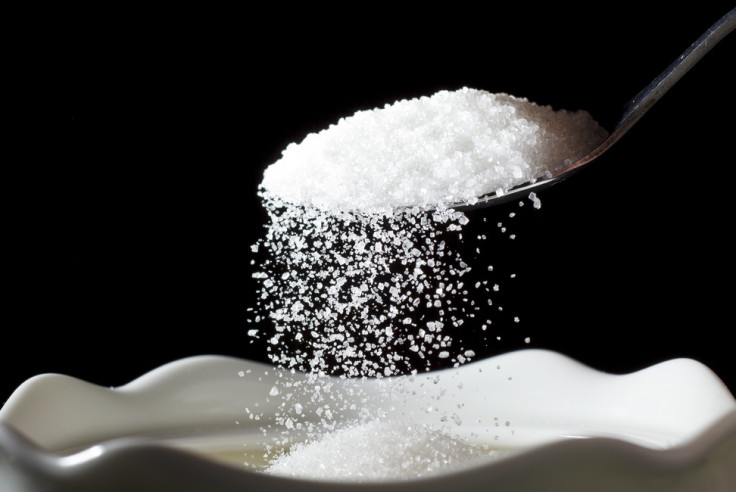Sugar Batteries Runs 10x Longer Than Lithium-ion Batteries
Sugar 'biobattery' is refillable, environment-friendly and nonflammable

Scientists have successfully demonstrated a sugar 'biobattery' that converts chemical energy stored in sugar substrates into electricity.
"We are the first to demonstrate the complex oxidation of the biobattery's sugar, so we achieve a near-theoretical energy conversion yield that no one else has reported," said Y H Percival Zhang, chief science officer of Cell-Free BioInnovations (CFB) at Virginia Tech.
Sugar contains more potential energy than normal lithium-ion batteries can contain.
CFB's sugar-powered biobattery can store about 15 times more energy and run for 10 times longer than a similarly-sized lithium-ion battery.
Apart from being more powerful and efficient, the biobattery is cheaper to make, is refillable, environmentally friendly, and is nonflammable.
The biobattery is a type of enzymatic fuel cell (EFC) – an electrobiochemical device that converts chemical energy from starch and glycogen into electricity. The enzymes allow for the use of more complex fuels such as glucose, which give EFCs great energy density.
Zhang described the biobattery as "a significant breakthrough" to LiveScience.
© Copyright IBTimes 2025. All rights reserved.





















